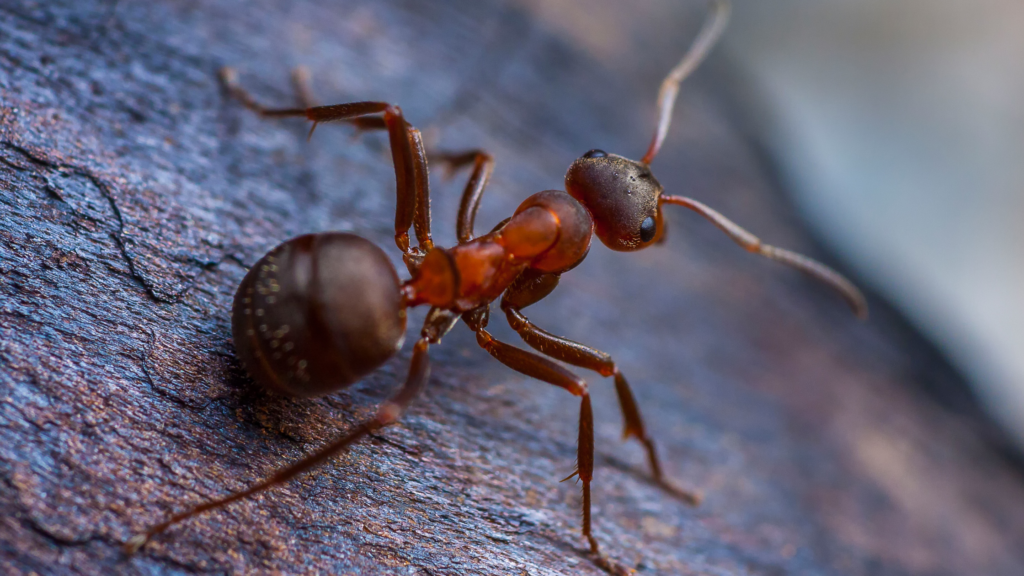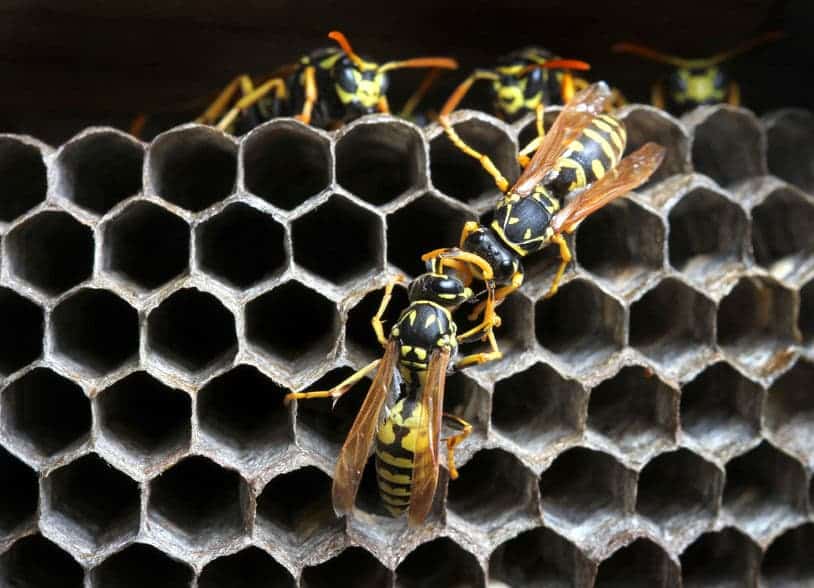According to Theater of Insects, published in 1658, flies are “little creatures so hateful to all men.” And, let’s face it. That pretty much sums up how business owners feel today when flies are causing problems for their company.
Flies, Flies—and Even More Flies
According to the New York Times, for each person on earth, there are 17 million flies. That’s right. Seventeen million. With 7.8 billion people in the world as of June 2020, you can do the math for yourself.
So, why so many flies? In nature, they have plenty of important jobs, including to pollinate plants, including the cacao plant that produces chocolate; to rid the planet of decomposing animals; and to keep the spider population under control, to name three.
Unfortunately, they can spread disease and otherwise be highly problematic. Filth flies pick up diseases from waste and then can spread them, including Salmonella and E. coli, contaminating surfaces they touch, including food. They can also spread dysentery.
Plus, the instincts pulling them towards decomposing matter also cause them to be attracted to just about any kind of organic material—including scraps of food found in garbage cans and on dishes in the sink. They’re also drawn to bathrooms, indoor plants, and more.
To make matters worse, filth flies in a building can lay up to 700 eggs—in less than a month. This means that just a few annoying flies can quickly transform into a true infestation.
The University of Florida’s Institute of Food and Agricultural Sciences gets even blunter when describing the habits of the filth fly, sharing how as the fly “moves about from one food source to another, it samples and eats its food by regurgitating liquid and dropping it on the food to liquefy it.” The feeding and breeding habits of filth flies allow them to invade a business and potentially spread intestinal diseases including dysentery.
Types of Filth Flies
The public health department also shares information about different types of filth flies. Some, including the common house fly, flesh flies, and blow flies are relatively small creatures, with soft bodies and eyes that are quite large in proportion to their overall bodies. These fly well. Other filth flies are even smaller, with bodies that are more delicate. These include fruit flies, drain flies, and phorid flies.
The first group will likely gravitate to garbage, manure, and carrion, while the second group prefers other organic debris, including plant material that’s rotting, along with sludge in drains.
Managing Fly Populations
Conducting regular inspections of your facilities can help. What kind of filth flies do you spot? Where are they located? What organic materials are nearby?
In general, filth flies lay their eggs around the substances that appeal to them, which can be in garbage or in rotting plants. So, by eliminating this kind of material—or at least preventing access to it—you can often prevent infestations of flies. For example, you can keep trash bags sealed or in cans with lids that fit tightly. Empty dumpsters regularly, keeping them as clean as you can. If possible, don’t have the dumpsters located too closely to your company’s building. Remove any decaying plant material and, if relevant, any decomposing animal material. Seek out areas of significant moisture and address the situation.
As you conduct your facility inspections, also look for places where flies can get inside. Are there, for example, torn window screens? Also audit your procedures. Are doors kept open for significant amounts of time? If so, how can this be adjusted?
If these steps are not enough to manage the fly population, please call our commercial pest control services department at 800-225-5305 or request a quote online. We will provide a customized assessment and free estimate, along with recommendations for commercial services for your fly control needs.
Commercial Services from Turner Pest Control
Located in Florida, we’re a leader in the commercial pest control industry, providing solutions that dovetail with the pest problems being experienced by your business and that can evolve as your company grows.
We serve a wide range of industries, using an integrated pest management philosophy as we provide your company with an unmatched experience in pest prevention and control, as well as in customer support. You’ll have a single point of contact to keep your commercial pest control program simple and straightforward, and we can bundle services to maximize your savings.
In short, your company—no matter the size—can simplify procurement, manage costs, and satisfy customers with our commercial pest control program. You’ll also have access to online reports for optimal visibility and transparency.
Call our commercial pest control services department at 800-225-5305 today.



